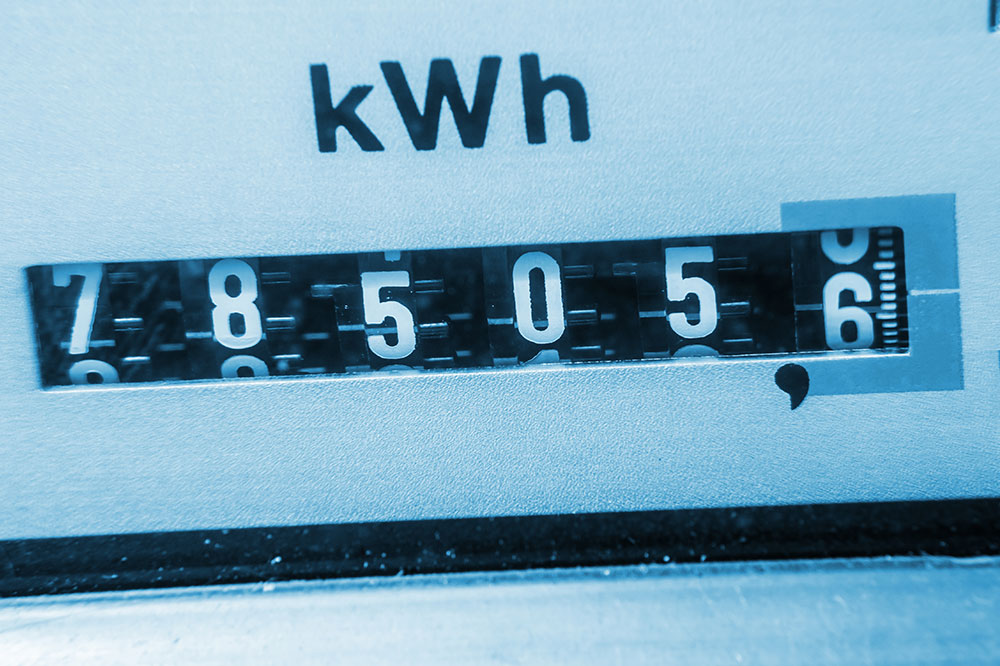
Things to know before switching your electricity provider
Electricity is one of the leading utilities households require daily for cooking, heating, and powering installed appliances. The U.S. ranks second in terms of yearly electricity consumption, and the country depends on hundreds of electricity providers and subsidiaries spread across the 50 states to supplement this requirement.
That said, choosing a provider can be a bit of a hassle, especially if you’re relocating. The following tips can help you find an affordable service with a cost-effective energy plan that translates to utility-based savings. Here’s what you need to know about switching electricity providers.
Top reasons to switch from your current energy provider
- Fixed-rate plans
If your current provider charges variable utility consumption rates, you can switch to a company offering fixed-rate plans. This is ideal for homeowners who want a stable contract that protects them from the possibility of rising energy prices. - Affordable pricing
Your current provider may be charging a higher rate due to changes in the terms and conditions. Additional charges, taxes, and fees for technical assistance can drive up the costs considerably, so it is better to switch to an electricity provider offering affordable pricing, subsidies, and other benefits. - Environmental concerns
It’s a good idea to switch to a service that generates electricity using renewable energy sources. Solar-powered facilities are the latest rage, with many states allocating funds and making special considerations for providers willing to switch to renewable production. Plus, they offer competitive pricing. - Better plans and features
Additional incentives and benefits go a long way in bringing down your energy consumption costs. And there are also custom plans to suit your home needs so that you don’t end up overpaying per unit of consumption.
Points to consider before switching to a new electricity provider
- Type of electricity provider
Electricity production is not just limited to oil, gas, and nuclear power plants. Alternative resources like solar, wind, and hydroelectric can also supplement your energy needs and reduce your carbon footprint while at it. The cost per unit of energy consumption also varies as the price includes sales tax and other fees and charges depending on the source of electricity production. All you need to do is ensure that the selected provider is licensed to operate in your state. - Research and compare services
Take your time and choose wisely because energy consumption costs can put a severe dent in your annual budget. Consider companies that are not just legacy providers, and compare the features and see which provider can fulfill your requirements instead of going for the big names. Make the most of discounts and exclusive benefits provided by new providers. - Review the company history
Providers will, undoubtedly, vary from one state to another, but companies may also own subsidiary energy production facilities under a different name or production unit. So, it pays to research well and know more about a company’s service history using their registration and license number. Also, you should be able to find a supplier’s license number at your state utility commission if they are licensed to serve your state. Ensure that the selected electricity provider is established and has been providing reliable service consistently. You can also check out online reviews from existing customers. - Check the costs
Energy and utility bills will vary from one state to another, and the service provider may also levy additional charges based on the location. Pull up the recent cost breakup of your current electricity provider and analyze the fixed and variable components of the bill. Ensure that the provider you want to switch to offers a more competitive price for the cost bifurcation. Consider the value of the service provided as utility expenses make up a huge part of your budget breakup. - Customer satisfaction
When considering switching electricity providers, talk to a provider’s existing customers or read their online reviews and understand the level of customer satisfaction accordingly. Merely providing cheap electricity is not enough these days, and energy production and distribution companies must be adept at resolving consumer grievances. You can check their social media pages to determine whether any complaints were escalated on the public domain to highlight consumer redressal inefficiency.
Popular electricity provider companies in the country
- NextEra Energy
NextEra Energy is the world’s largest utility company and a renewable energy producer and distributor. The company has been providing power in the country since 1925 and specializes in wind and solar energy. NextEra Energy distributes electric power to millions of homes in the country and Canada. - Duke Energy
Duke Energy is one of the established energy powerhouses in the country, with a customer base of nearly 7.7 million. Its 51,000 megawatt production capacity is spread across oil, natural gas, hydroelectric, coal-fired, and nuclear power plants. Additionally, the company operates wind and solar farms, encouraging sustainable energy use across the country. - Southern Company
Southern Company, headquartered in Atlanta, ranks among the country’s top diversified energy and utility companies with multiple fossil fuel and renewable energy sources. With a customer base of almost 9 million, the electricity provider is known as a producer and provider of clean, reliable, safe, and affordable energy. - Exelon
Exelon Corporation serves over 10 million customers and has over 31,000 megawatts of nuclear, gas, wind, solar and hydroelectric power generating capacity. The electricity provider has among the cleanest and most affordable power generation fleets, and its utilities serve millions of electric and gas customers. - American Electric Power
Popularly known as AEP, the company began operations in 1906 and now primarily uses coal-fired power plants. Power distribution is then carried out with subsidiaries, delivering safe, reliable, and affordable energy to millions of homes and businesses. The company also aims to educate customers on optimizing their energy efficiency and enable wider usage of electric vehicles.
Note that plans and pricing are subject to changes with varying state policies for power consumption, location, cost per unit, and any additional benefits applicable.




